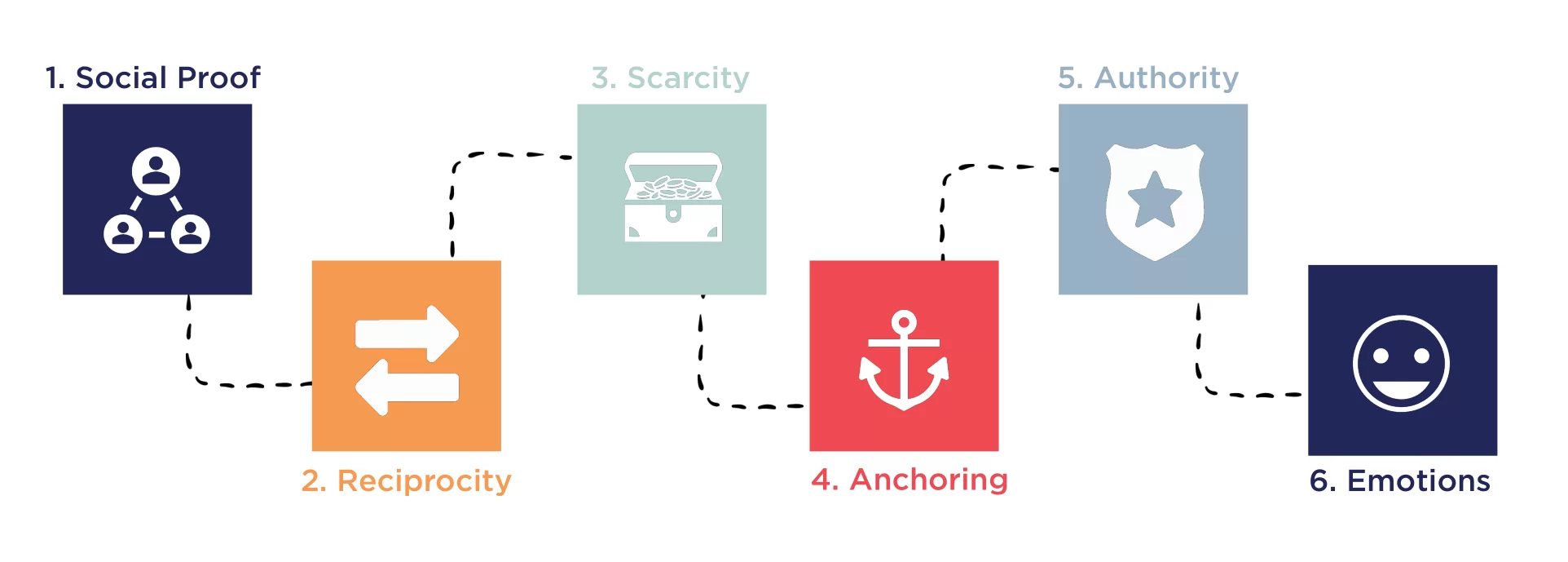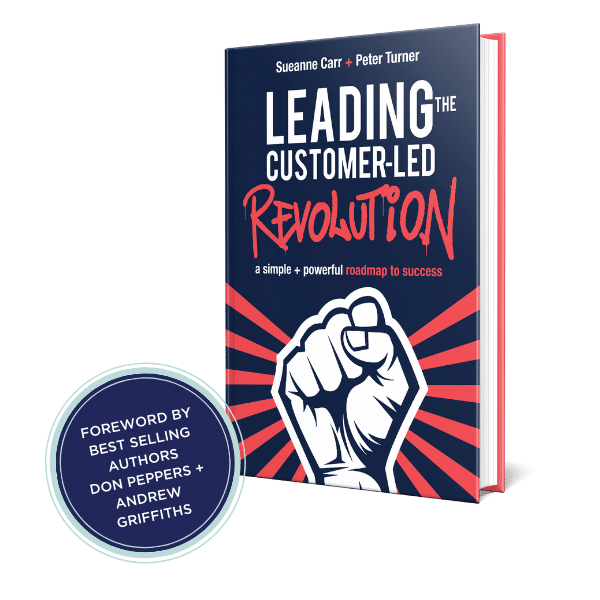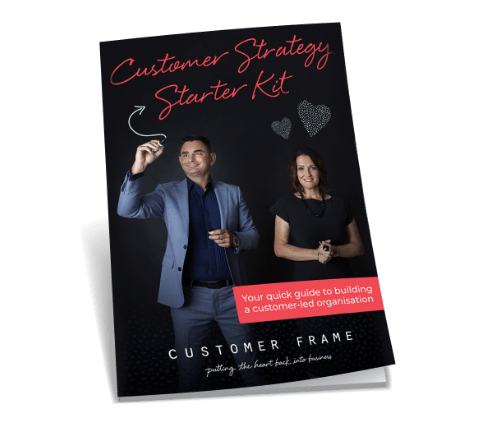As a business leader, understanding the psychology of customer behaviour is crucial for creating effective strategies and building long-term customer relationships. Human behaviour is complex and multifaceted, and customer behaviour is no exception.
In this article, we will explore six key psychological principles that underlie customer behaviour and how they can be used to your advantage.

1. Social Proof
People are influenced by the actions of others.
When we see others doing something, we are more likely to do the same thing. This is known as social proof. Social proof can be leveraged in marketing by using customer reviews, testimonials, and endorsements to build trust and credibility with potential customers.
2. Reciprocity
People feel obligated to return a favour when one is done for them.
This principle is known as reciprocity. Businesses can use this principle to their advantage by offering free samples, discounts, or other incentives to potential customers. When customers receive something of value from a business, they are more likely to reciprocate by making a purchase.
3. Scarcity
People place a higher value on things that are rare or difficult to obtain.
This is known as the scarcity principle. Businesses can create a sense of scarcity by limiting the availability of their products or services. This can be done by offering limited-time promotions or by creating a sense of urgency around the purchase.
4. Anchoring
People rely heavily on the first piece of information they receive when making decisions.
This is known as the anchoring principle. Businesses can use this principle to their advantage by presenting the most important information first. For example, if a business is offering a discount, they should lead with the discount percentage rather than the price of the product.
5. Authority
People are more likely to follow the lead of an authority figure.
This is known as the authority principle. Businesses can establish themselves as authorities in their field by showcasing their expertise and credentials. This can be done through content marketing, speaking engagements, or by partnering with influencers in the industry.
6. Emotions
People make decisions based on their emotions rather than rational thought.
This is known as the emotional principle. Businesses can use emotional appeals to connect with their customers on a deeper level. This can be done through storytelling, using humour, or by tapping into their customers’ values and beliefs.
The psychology of customer behaviour can help businesses create effective strategies and build long-term customer relationships. By leveraging the underlying drivers of decision-making, businesses can connect with their customers on a deeper level, increase the likelihood of conversion and encourage ongoing repeat patronage.
In our new book coming out in May 2023 titled ‘Leading the Customer-led Revolution’, we explore how you can build your Customer Strategy and the nine capabilities of high-performing customer-led organisations.
If you’re not yet on the wait-list, don’t suffer FOMO – get in the know here.






